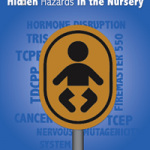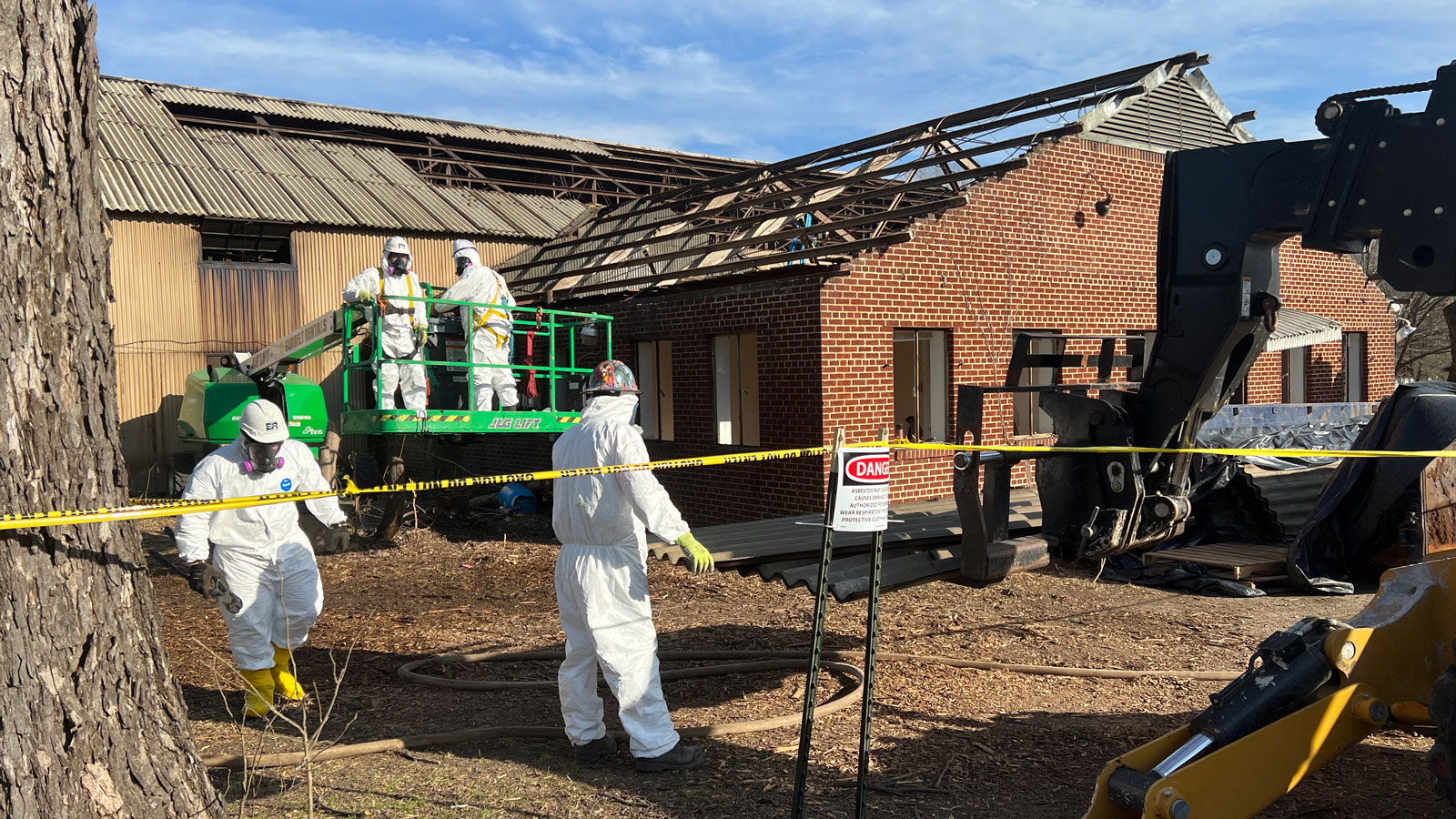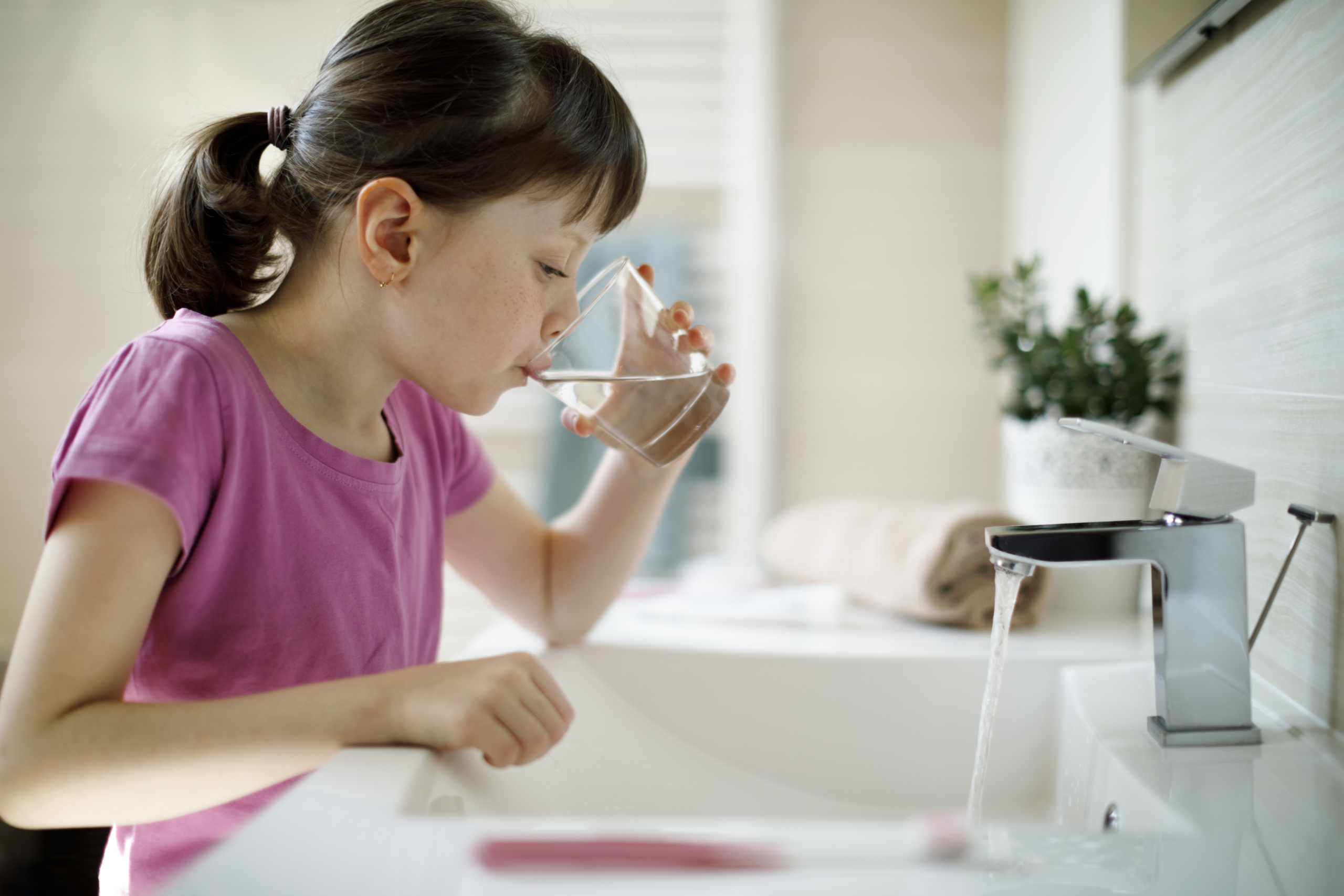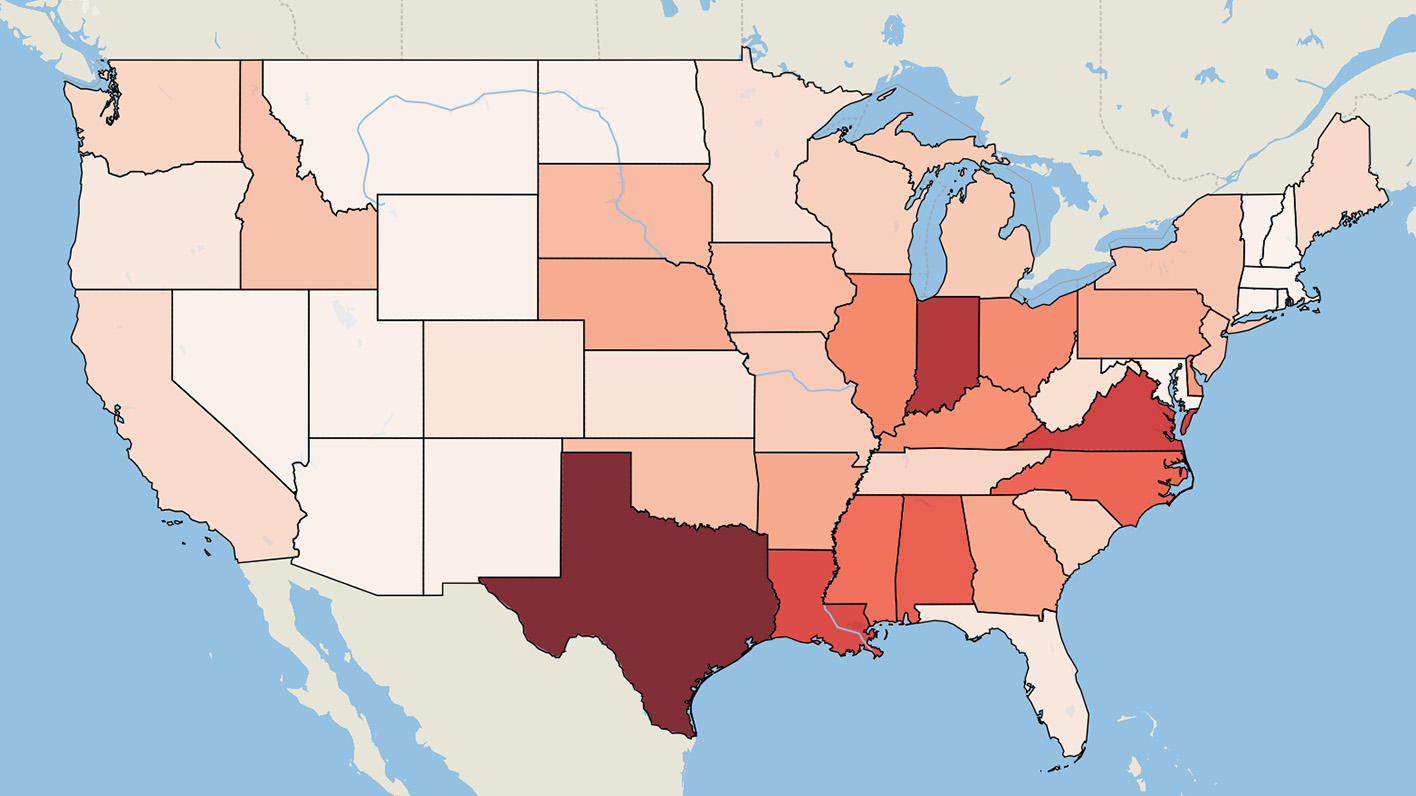
Hidden Hazards in the Nursery
Parents expect the products they buy for their babies to be safe. But new testing of 20 baby and children’s products, including bassinet pads, nursing pillows, changing pads, and car seats, has found toxic flame retardants in 85% of the items.
Downloads
Maryland PIRG, WTC, Safer States

Parents expect the products they buy for their babies to be safe. But new testing of 20 baby and children’s products, including bassinet pads, nursing pillows, changing pads, and car seats, has found toxic flame retardants in 85% of the items.
Washington Toxics Coalition and Safer States tested newly purchased baby and children’s items from major retailers including Babies R Us, Sears, Walmart, and Target. Products were purchased in Connecticut, Maryland, Massachusetts, Michigan, New York, and Washington State. All of the products tested contained polyurethane foam, which is commonly treated with flame retardants in many types of products.
Analysis of the foam found toxic flame retardants present in 17 of the 20 items tested. Sixteen of the items with flame retardants contained “Tris” flame retardants. The most frequently detected Tris flame retardant was a chemical known as chlorinated Tris, or TDCPP. Chlorinated Tris became well known for its removal from children’s pajamas in the 1970s after laboratory studies found it could cause mutations, making it potentially cancer-causing. It has received increased attention as it has come into widespread use to replace the phased out PBDEs as flame retardants in foam, and the
State of California listed chlorinated Tris as a carcinogen in October of 2011. Another Tris flame retardant, TCEP, has also been designated a carcinogen.
Flame retardants were present at high concentrations. The 17 products that tested positive for the additives contained an average level of 3.9% flame retardants by weight in the foam. Because these flame retardants are not chemically bound to the foam, they can escape from it and contaminate home environments.
Children are likely to have both more exposure to flame retardants and greater vulnerability to their effects. Children spend more time on or near the floor, and have more hand-to-mouth contact than adults, increasing their exposure to chemicals found in household dust. Because they are still developing, children are also more susceptible to the harmful effects of toxic chemicals.
Legislatures in several states are considering restrictions on Tris flame retardants. Environmental health organizations across the country are calling for swift action to stop the use of chlorinated Tris in baby and children’s products, as well as policy changes to stop companies from replacing one toxic chemical with another.
State legislatures should ban toxic Tris flame retardants in consumer products, particularly the carcinogens TCEP and TDCPP.
States were the first to take action on PBDE flame retardants, and can take swift action to address this new threat. New York banned TCEP in early 2011, and a number of state legislatures will consider bans on Tris flame retardants in 2012.
States should require companies to make safer products and switch to the safest chemicals and manufacturing methods.
For too long, many companies have gone from one toxic chemical to another, never making health and safety a priority. To get off the toxic treadmill, companies need to find safer materials, processes, and chemicals to replace toxic chemicals in products. States should adopt policies requiring companies that use toxic chemicals to conduct thorough assessments and identify safer materials, processes, and chemicals.
Congress should pass the Safe Chemicals Act to phase out the most toxic chemicals and require health and safety testing for all chemicals.
New federal law is needed to eliminate use of the most harmful chemicals, including persistent toxic chemicals as well as those that cause cancer, disrupt hormone levels, cause reproductive harm and infertility, or cause learning disabilities. Federal legislation is also needed to ensure that chemical companies provide full information on health and safety.
Topics
Find Out More


Superfund Back on Track

The Threat of “Forever Chemicals”

